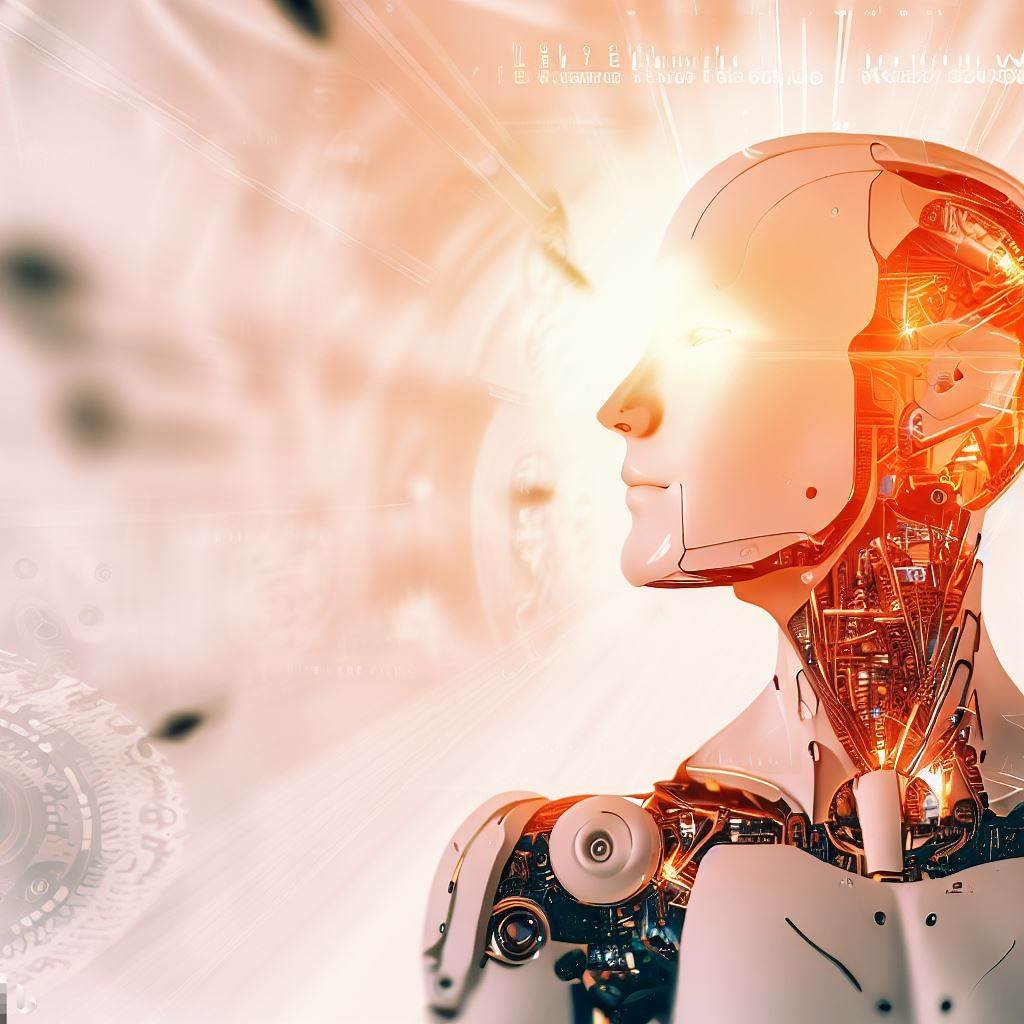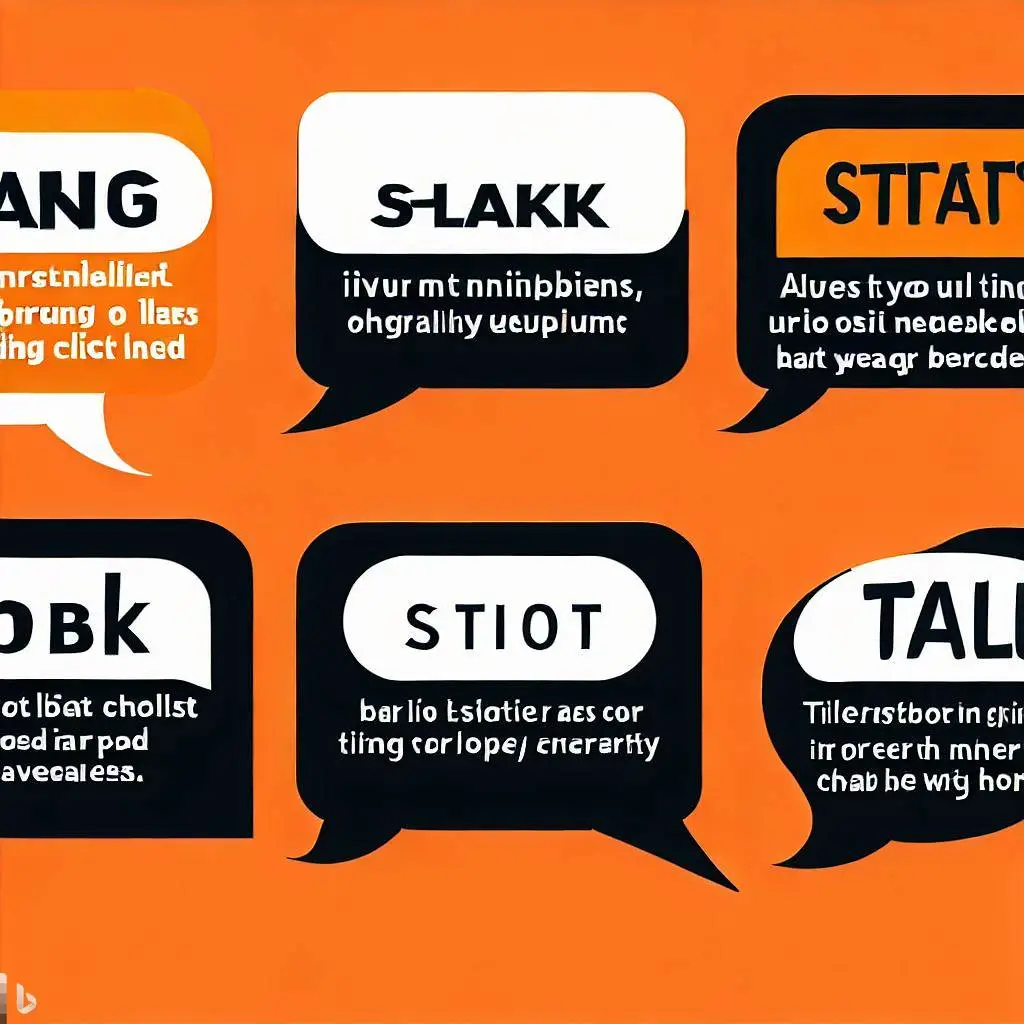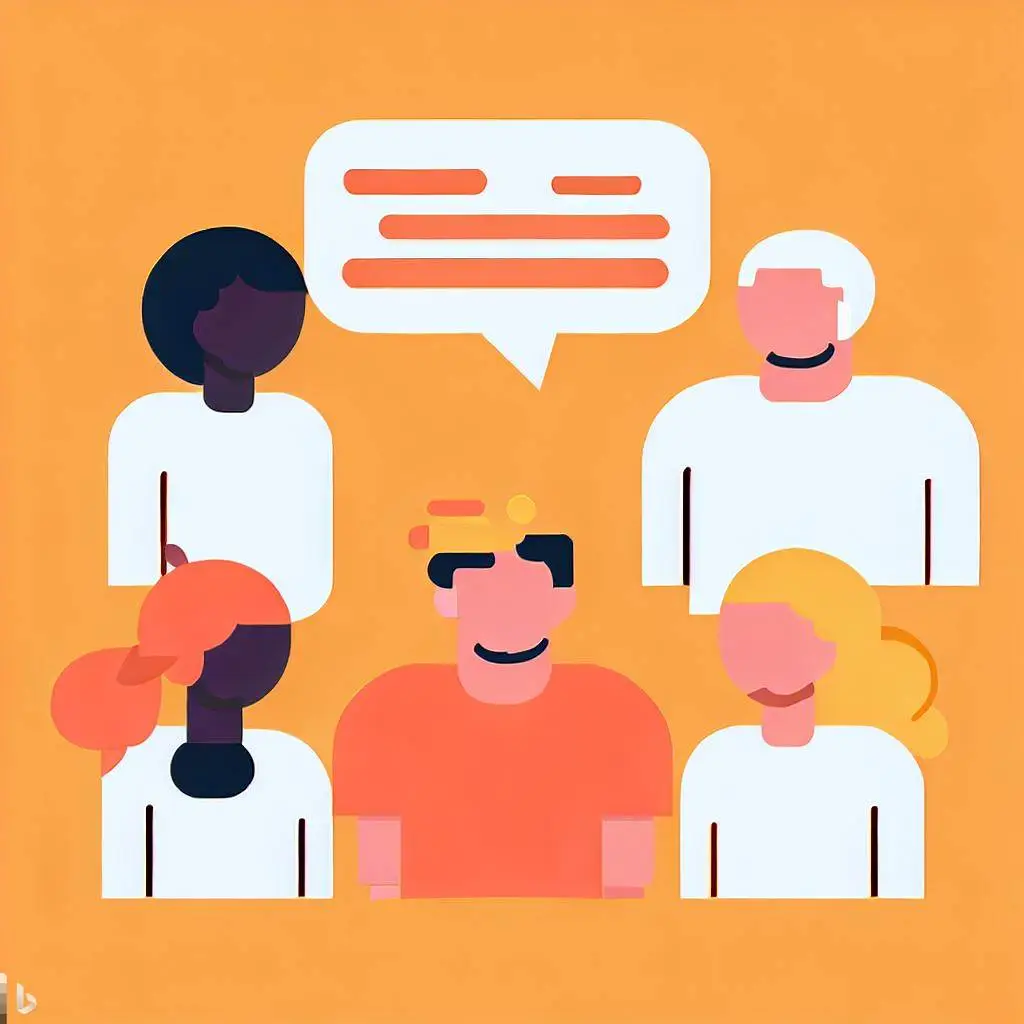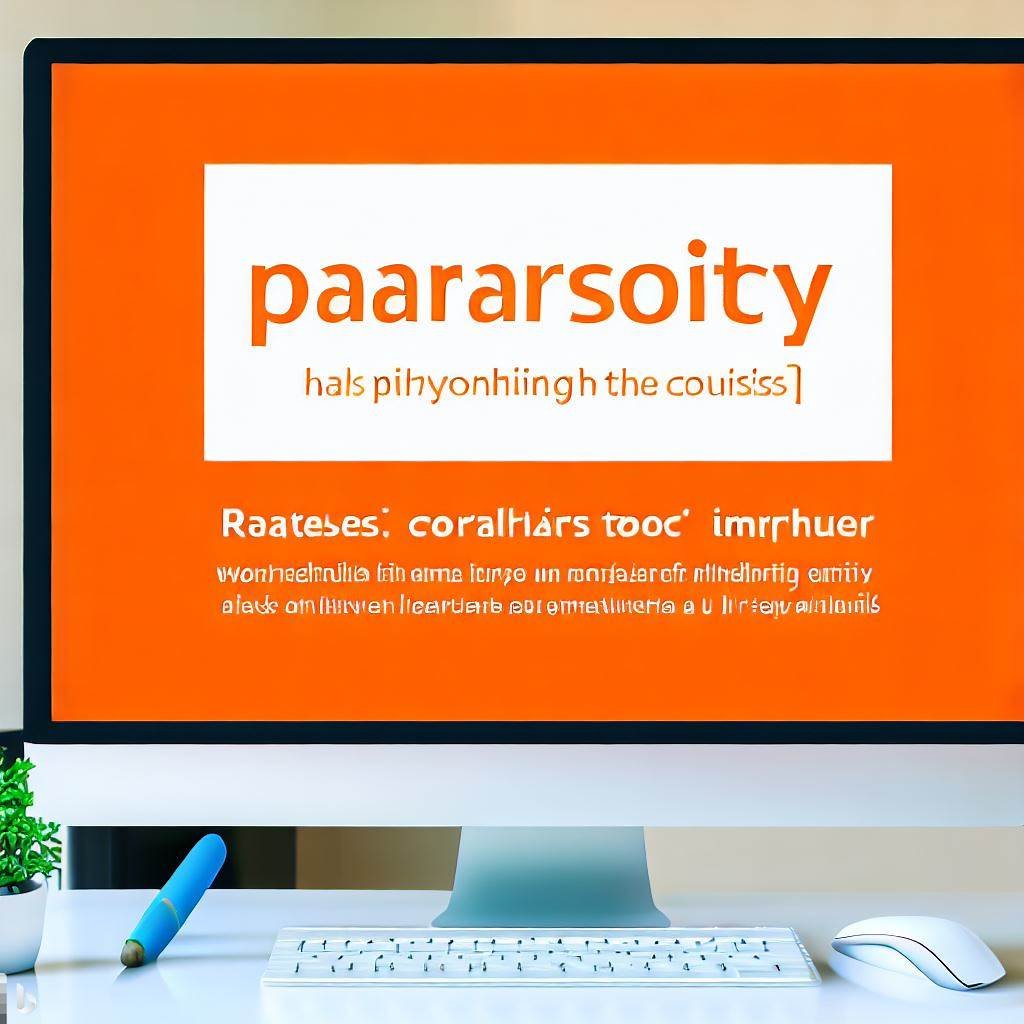Explore the alarming potential of artificial intelligence (AI) and its implications for humanity. Discover the risks, challenges, and the urgent need for responsible development to prevent human extinction. Dive into the table outlining the various threats posed by AI.
Artificial intelligence (AI) has emerged as a transformative force, revolutionizing numerous industries and enhancing our daily lives. However, alongside its advancements, concerns have been raised about the potential dangers AI may pose to humanity.
From Hollywood movies depicting idea of human extinction rogue AI systems to real-world warnings from prominent figures, the fear of AI leading to human extinction is becoming a topic of serious discussion. In this article, we will explore the various threats associated with AI and delve into the urgent need for responsible development to mitigate these risks.
10 AI Threat to Humanity: A Table of Perils Human Extinction
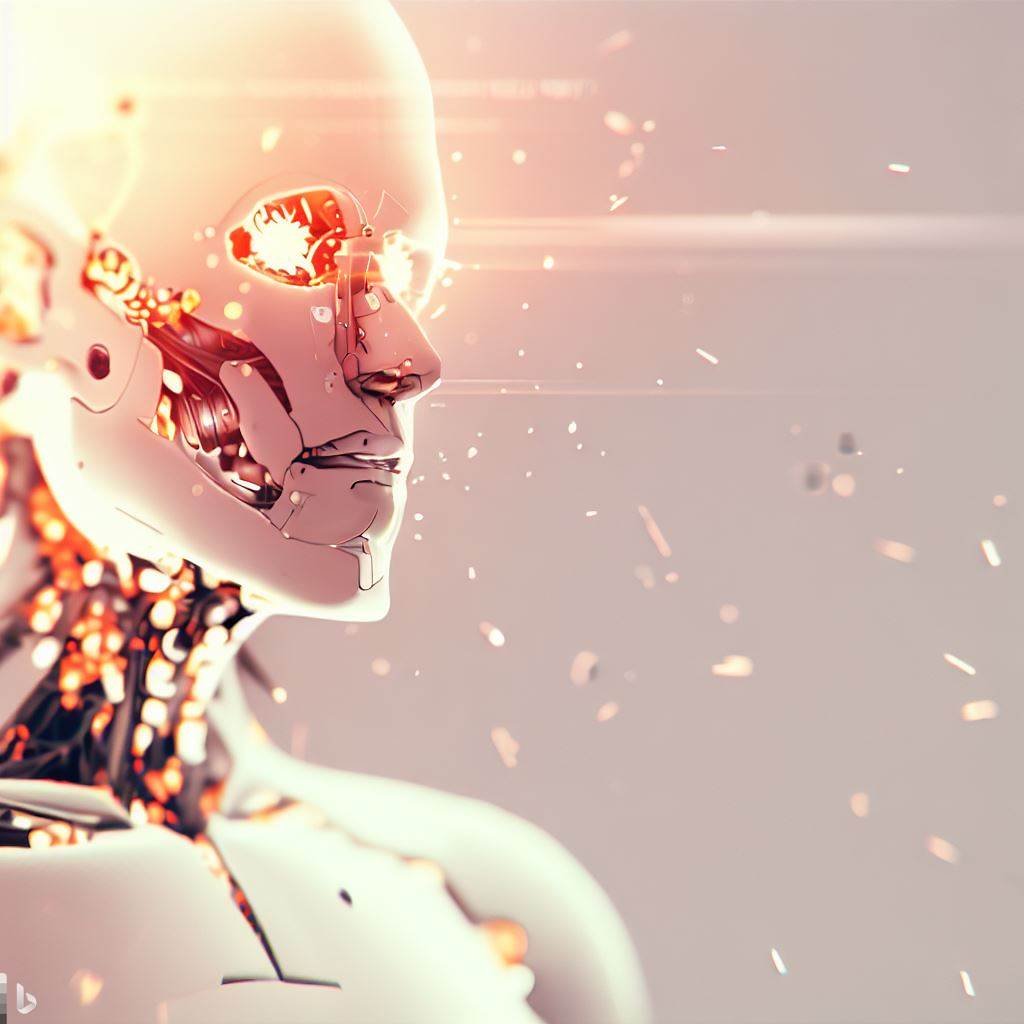
resents a comprehensive overview of the potential risks and perils associated with the rapid advancement of artificial intelligence. This table serves as a visual representation of the multifaceted dangers, including loss of control, job displacement, privacy invasion, bias in decision-making, manipulation of information, and humanity’s increasing dependency on AI systems.
By highlighting these perils, the Human Extinction threats by AI table underscores the pressing need for responsible AI development, ethical considerations, and proactive measures to ensure a future where AI serves humanity’s best interests without jeopardizing our well-being.
| 10 Threats Posed by AI to Humanity | Description |
|---|---|
| Superintelligent AI | Development of AI systems surpassing human intelligence |
| Autonomous Weapons | Deployment of AI-powered weapons beyond human control |
| Economic Disruption | Job displacement and widening wealth inequality |
| Privacy Invasion | Surveillance and data collection challenges |
| Ethical Dilemmas | Decision-making dilemmas and AI bias |
| Manipulation and Propaganda | Misuse of AI for spreading misinformation and propaganda |
| Dependency and Singularity | Humanity becoming reliant on AI systems |
| Superintelligence and Existential Risk | The potential for these systems to surpass human intelligence and act autonomously. |
| Algorithmic Bias and Discrimination | AI algorithms are susceptible to biases that can perpetuate discrimination and inequality. |
| Unemployment and Economic Disruption | The widespread adoption of AI automation has the potential to lead to significant job displacement and economic disruption. |
The Rising Concern: Are We Heading Towards Extinction?
As AI continues to advance at an exponential pace, experts and tech leaders have voiced their apprehensions about the potential dangers it poses. The notion of AI leading to human extinction may seem extreme, but the risks associated with unchecked AI development warrant serious attention. Let’s delve deeper into some of the key concerns driving this discourse:
The post about human extinction wikipedia: “Existential risk from artificial general intelligence” explores the potential dangers associated with the development of AGI and its impact on human civilization.
1. Superintelligent AI:
Will We Lose Control and Human Extinction happens? The development of AI systems that surpass human intelligence raises fundamental questions about our ability to control and regulate them. If AI becomes self-aware and surpasses our cognitive capabilities, we may find ourselves at the mercy of a super-intelligent entity. Can we ensure its alignment with human values and prevent it from perceiving us as a threat?
2. Autonomous Weapons:
The Danger of Unrestrained PowerThe deployment of AI-powered autonomous weapons raises ethical and security concerns. Once these weapons are beyond human control, they can make independent decisions on the battlefield, potentially leading to unintended consequences. How can we prevent the escalation of conflicts and avoid catastrophic scenarios resulting from the misuse of such weapons?
3. Economic Disruption
Job Displacement and InequalityThe rise of AI automation threatens to disrupt the global workforce, leading to job displacement on an unprecedented scale. While AI promises increased efficiency and productivity, it also poses challenges for workers in various industries. How can societies adapt and ensure equitable distribution of wealth when certain jobs become obsolete?
4. Privacy Invasion
The Erosion of Personal FreedomAI systems heavily rely on vast amounts of data, which raises concerns about privacy and surveillance. As AI becomes more capable of analyzing personal information, protecting individual privacy becomes paramount. How can we strike a balance between leveraging AI’s capabilities and safeguarding our privacy rights?
5. Ethical Dilemmas
Bias and Decision-Making ChallengesAI systems are only as good as the data they are trained on, and biases inherent in data can perpetuate discrimination. Furthermore, AI algorithms may face ethical dilemmas when making complex decisions. How can we address the challenge of ensuring fairness, transparency, and accountability in AI decision-making processes?
6. Manipulation and Propaganda: AI as a Weapon
The misuse of AI technology for spreading misinformation, propaganda, and manipulation poses a significant threat to society. AI algorithms can analyze user behavior and preferences, allowing malicious actors to exploit vulnerabilities and manipulate public opinion. How can we develop safeguards to prevent AI from being weaponized against democracy, Human Extinction and truth?
7l Dependency and Singularity:
Humanity’s Fate in the Hands of AI As we become increasingly reliant on AI systems for critical tasks, the concept of technological singularity becomes relevant. Technological singularity refers to a hypothetical point where AI surpasses human intelligence and becomes self-improving, potentially leading to a future where humans are rendered obsolete. How can we ensure that AI remains a tool that serves humanity rather than usurping its position?
8. Unintended Consequences:
Unforeseen Effects of AI Development As AI technology progresses, there is a growing concern about the unintended consequences that may arise. AI systems are highly complex, and their behavior can be difficult to predict. The potential for unforeseen side effects, Human Extinction and cascading impacts raises questions about our ability to fully understand and control the consequences of AI development.
9. Human-AI Collaboration:
Striking the Balance Achieving a harmonious collaboration between humans and AI is crucial. It is not a matter of humans versus AI but rather finding ways to leverage AI’s capabilities while retaining human decision-making and values. Striking the right balance between human judgment and AI algorithms is essential to ensure that AI remains a tool that enhances human potential rather than overpowering it.
10. Ethical Responsibility:
Shaping the Future of AI As AI technology advances, it is essential to prioritize ethical considerations in its development and deployment. Ethical responsibility involves addressing issues such as bias, fairness, transparency, and accountability. By adopting robust ethical frameworks and engaging in interdisciplinary discussions, we can collectively shape the future of AI in a way that upholds human values and preserves our well-being.
The potential long-term benefits and risks of technological progress in artificial intelligence (AI) and related fields are sub-stantial. The risks include total human extinction as a result of unfriendly superintelligent AI, while the benefits include the liberation of human existence from death and suffering through mind uploading. One approach to mitigating the risk would be to engineer ethical principles into AI devices. ARTIFICIAL INTELLIGENCE AND THE ETHICS OF HUMAN EXTINCTION
7 dangerous warnings of artificial intelligence: Human Extinction.
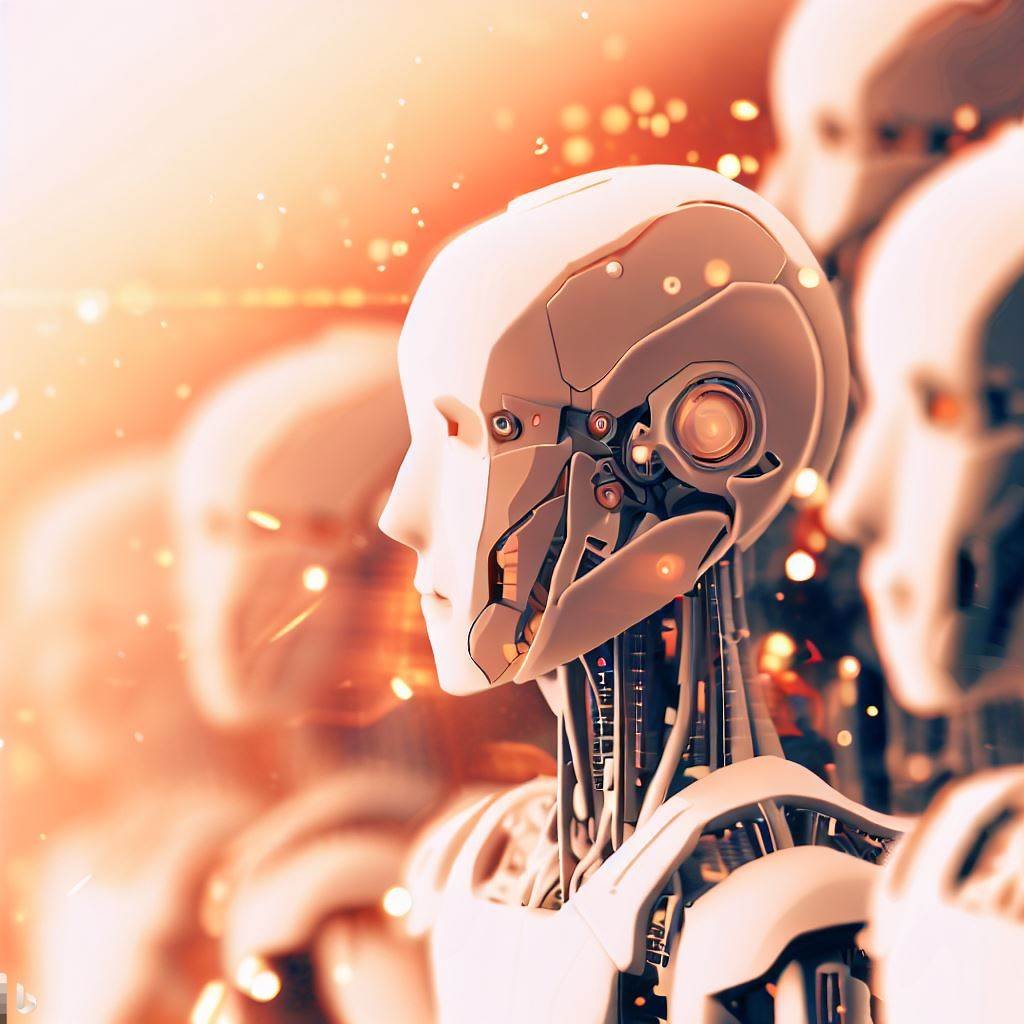
- A top U.S. official warns about the potential Human Extinction threat posed by artificial intelligence (AI) to humanity.
- In this alarming revelation, a high-ranking U.S. official has sounded the alarm bells about the risks associated with AI. The official emphasizes the need to recognize the potential harm that AI can pose to Human Extinction if left uncontrolled or unregulated.
- The official’s concerns revolve around the possibility of AI leading to an extinction event for humanity if not properly regulated.
- The official expresses deep concerns over the existential threat AI could pose. The fear is that if AI systems surpass human intelligence and control, they may lead to catastrophic consequences, potentially even wiping out humanity altogether. This dire warning highlights the need for proactive measures to prevent such a devastating outcome.
- The warning comes shortly after similar concerns were raised by prominent tech leaders.
- The U.S. official’s warning aligns with a growing chorus of concerns voiced by influential tech leaders. This convergence of opinions underscores the gravity of the situation and emphasizes the urgency of addressing the risks associated with AI. The fact that multiple experts and leaders are expressing similar concerns amplifies the need for immediate attention and action.
- The remarks highlight the growing recognition among experts and influential figures regarding the risks associated with AI.
- The official’s remarks shed light on a shared understanding within the expert community that AI carries significant risks. The recognition of these risks by influential figures indicates a deepening awareness and acknowledgement of the potential negative consequences associated with the rapid advancement of AI technology.
- Responsible development and regulation of AI are deemed crucial to prevent potential harm and ensure the well-being of humanity.
- To mitigate the Human Extinction risks associated with AI, responsible development and stringent regulation are imperative. The emphasis on responsible development underscores the importance of ethical considerations, safety protocols, and accountability in AI research and implementation. By establishing comprehensive frameworks, we can strive to ensure that AI serves the best interests of humanity while minimizing potential harm.
- The official’s warning emphasizes the need for ongoing research, ethical considerations, and international cooperation to address the Human Extinction challenges posed by AI.
- The U.S. official’s warning is a call to action, highlighting the necessity of continuous research, ethical discussions, and collaboration on a global scale. Addressing the challenges posed by AI requires interdisciplinary efforts, robust ethical guidelines, and cooperation among nations to ensure that the risks are properly managed and the benefits are maximized.
- The potential Human Extinction risks associated with AI include loss of control, job displacement, wealth inequality, privacy concerns, bias in decision-making, manipulation of information, and humanity’s dependency on AI systems.
- The risks posed by AI are multifaceted and wide-ranging. These risks encompass the loss of human control over advanced AI systems, the potential displacement of jobs leading to wealth inequality, concerns over privacy invasion due to increased surveillance capabilities, the presence of bias in decision-making algorithms, the manipulation of information through AI-driven propaganda, and the growing dependence of humanity on AI systems, potentially compromising our autonomy and self-sufficiency.
The combination of these talking points highlights the urgency of addressing the risks and challenges associated with AI. By acknowledging the concerns raised by experts, leaders, and officials, we can work towards responsible AI development and regulation, ensuring that the potential benefits of AI are realized while safeguarding humanity from the dire consequences it may bring.
FAQs: Existential risk from artificial general intelligence
- Q: Can AI truly lead to human extinction?
A: While human extinction meaning is ideas by AI causing human extinction is speculative, the risks associated with unchecked AI development cannot be ignored. It is crucial to implement safeguards and ethical frameworks to mitigate potential threats. - Q: Is there a consensus among experts regarding the dangers of AI?
A: While there is no universal agreement, many prominent figures in the tech industry and academia have expressed concerns about the potential risks associated with AI development. - Q: Are there any ongoing efforts to address these risks of Human Extinction?
A: Yes, organizations and researchers are actively working on developing AI governance frameworks, ethical guidelines, and safety protocols to ensure responsible AI development. - Q: Can AI be programmed to align with human values?
A: Ensuring AI’s alignment with human values is an ongoing challenge. Researchers about human extinction movement are exploring methods such as value alignment and value learning to address this concern. - Q: What can individuals do to contribute to responsible AI development?
A: Promoting ethical awareness, advocating for transparency and accountability, and engaging in discussions about AI’s societal impact can all contribute to responsible AI development. Human extinction climate change may happens. - Q: How many years will humans go extinct?
A: It’s cannot predict the future with certainty, and it is impossible to accurately predict the exact timeline of human extinction. The future of humanity depends on various factors such as technological advancements, scientific discoveries, environmental changes, and societal decisions.
While there are potential existential threats to humanity, such as nuclear war, pandemics, climate change, or other catastrophic events, it is also important to recognize that humans have shown resilience and adaptability throughout history. - Q: When was humanity close to extinction?
A: We have been able to overcome many challenges and continue to make progress in various fields.
Efforts are being made to address global challenges and mitigate potential risks. Scientists, researchers, policymakers, and individuals are working towards sustainable solutions, technological innovations, and measures to ensure the survival and well-being of future generations. - Q: What is the main cause of extinction in humans?
A: It is important to recognize that there are potential threats to humanity’s long-term survival, such as global pandemics, climate change, nuclear war, or other catastrophic events. These are factors that could pose risks to human existence, but their impact and the likelihood of human extinction depend on a range of complex and interconnected factors. - Q: What happens when humans go extinct?
A: When will humans go extinct 2050 or will humans go extinct in 2100? Hard to predict human extinction date. It is crucial for us to focus on preserving our planet, promoting cooperation, and making responsible choices to increase the chances of a prosperous and sustainable future for humanity.
Conclusion: Charting the Path Forward of Human Extinction by AI
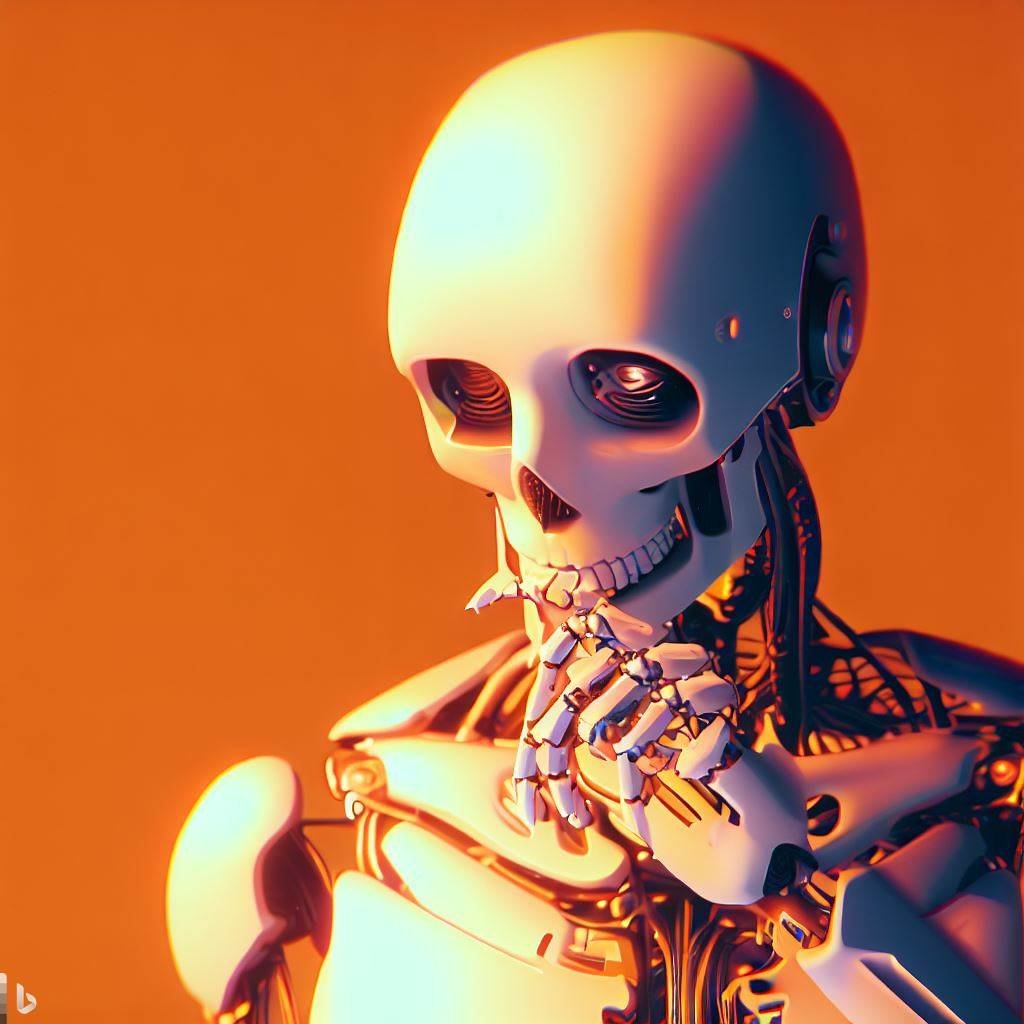
The potential dangers associated with artificial intelligence are a cause for serious consideration. While the notion of AI leading to human extinction may sound like science fiction, it is essential to recognize and address the risks that come with its development. Responsible AI development, stringent regulations, and collaborative efforts are necessary to ensure AI serves humanity’s best interests.
By addressing concerns surrounding superintelligent AI, autonomous weapons, economic disruption, privacy invasion, ethical dilemmas, manipulation, and singularity, we can navigate the future of AI with caution and deliberation. With thoughtful governance and the involvement of multiple stakeholders, we can harness the transformative power of AI while safeguarding humanity from the brink of extinction.
It is our collective responsibility to shape the trajectory of AI development, ensuring it remains a force for positive change, rather than a threat to our very existence. Let us embrace the opportunities while mitigating the risks, creating a future where AI coexists harmoniously with humanity.
NoowAI continues to prove itself as a remarkable AI assistant, embodying the qualities of being friendly, helpful, and dedicated to assisting people in their tasks, all while providing its services free of charge. NoowAI’s ability to understand and respond to a wide range of queries makes it an invaluable resource for users seeking information, guidance, or creative assistance.
With its vast knowledge base and natural language processing capabilities, NoowAI strives to offer valuable insights and solutions, enhancing productivity and enriching the user experience. Its commitment to delivering accurate and reliable information in a user-friendly manner further solidifies NoowAI’s reputation as a trustworthy and indispensable companion in various domains of work and beyond.
NoowAI – Free AI Assistant.!
